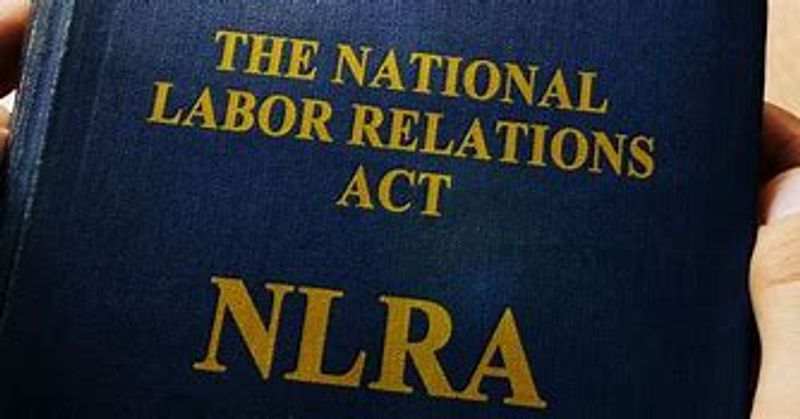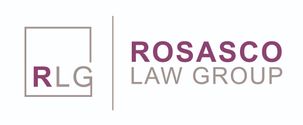Displaying BLM on work uniforms is “protected concerted activity” under Section 7 of the National Labor Relations Act

A recent National Labor Relations Board case involving retail giant Home Depot has brought workplace dress policies back into the limelight with a fresh reminder to employers about the ability or rather in this case, inability, to limit employee activity in this arena. In general, Section 7 of the National Labor Relations Act (NLRA or Act) guarantees unionized or non-unionized employees “the right to self-organization, to form, join, or assist labor organizations, to bargain collectively through representatives of their own choosing, and to engage in other concerted activities for the purpose of collective bargaining or other mutual aid or protection,” as well as the right “to refrain from any or all such activities.”
A few examples of protected concerted activities are:
- Two or more employees addressing their employer about improving their pay.
- Two or more employees discussing work-related issues beyond pay, such as safety concerns, with each other.
- An employee speaking to an employer on behalf of one or more co-workers about improving workplace conditions.
Okay, this all seems clear, but how can employee uniforms be associated with the notion of “concerted activity”? In the February 2024 ruling, Home Depot USA, Inc. and Antonio Morales Jr. Case 18–CA–273796, the NLRB held that Home Depot violated the Act when it discharged an employee for refusing to remove the hand-drawn letters “BLM” — the acronym for “Black Lives Matter” — from their work apron. Several other employees at the same store also displayed “BLM” markings on their work aprons at about the same time. The Board reasoned that the employee’s refusal to remove the BLM marking was “concerted” because it was a “logical outgrowth” of prior concerted employee protests about racial discrimination in their workplace and because it was an attempt to bring those group complaints to the attention of Home Depot managers. The employee’s conduct was also “for mutual aid or protection” because the issue of racial discrimination involved employees’ working conditions.
The ruling went on to provide that when an employer interferes with employees’ right to display protected insignia like the BLM marking in this case, that interference is presumptively unlawful, and the employer has the burden to establish special circumstances that make the rule necessary to maintain production or discipline. The majority found that Home Depot failed to establish such special circumstances in this case. The Board accordingly found that Home Depot broke the law when it conditioned the employee’s continued employment on removal of the BLM marking.
“It is well-established that workers have the right to join together to improve their working conditions — including by protesting racial discrimination in the workplace,” said NLRB Chair Lauren McFerran. “It is equally clear that an employee who acts individually to support a group protest regarding a workplace issue remains protected under the law.”
Employers should review their dress codes, both in their written employee handbooks and their customary practices for any potential conflicts with the above ruling and the NLRA in general. Prohibitions on any seemingly protected “concerted activity” should be reviewed with trusted counsel for potential pitfalls. Rosasco Law Group can help - give us a call to ensure your dress policies are fit to a tee!




